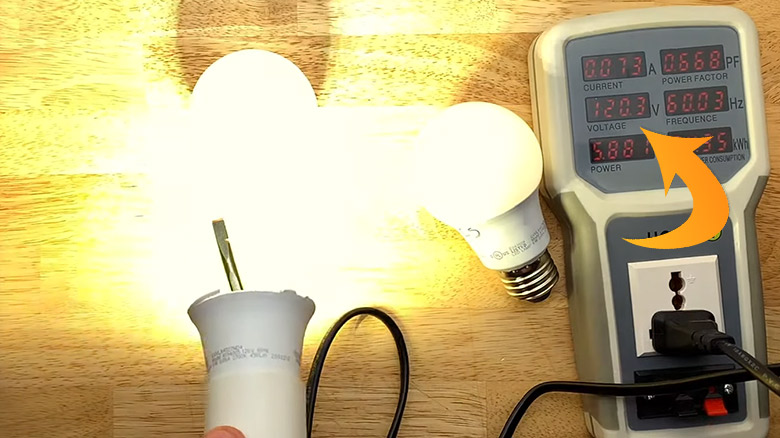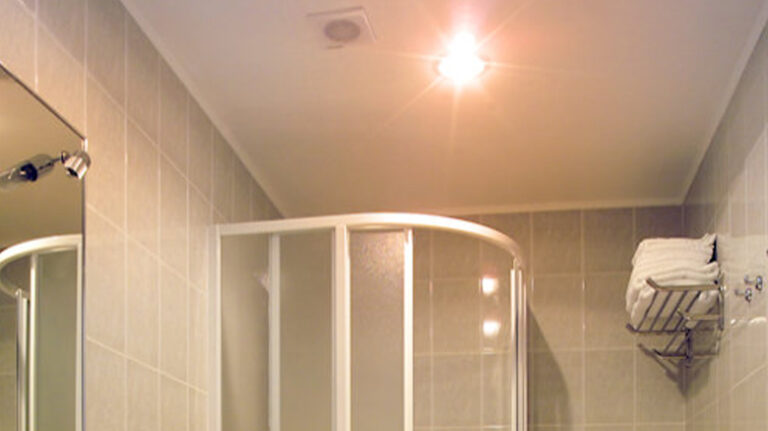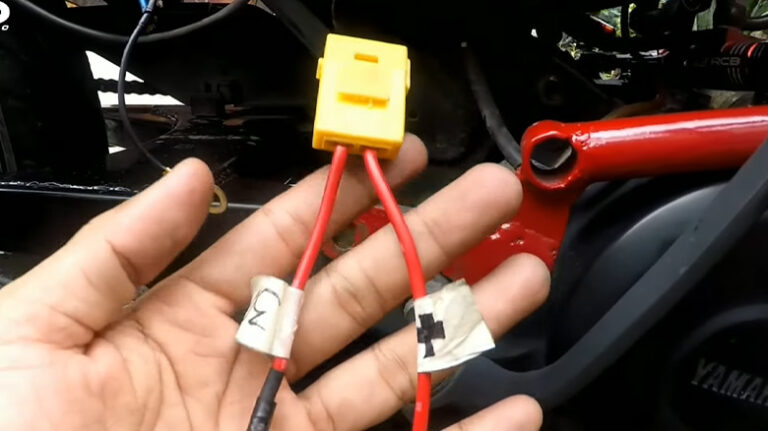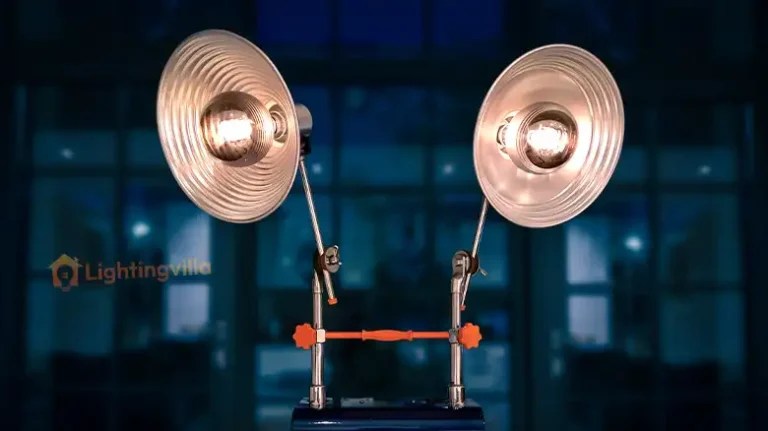[Explained] Can I Use 130V Bulb Instead Of 120V?
When you need to handle several tasks that involve bulbs, it’s not uncommon to wonder, can I use a 130V bulb instead of 120V? The answer is you can. But it’s not always a simple task. Since the difference is in the voltage, you have many things to consider first. In this article, we will show you how you can use a 130V bulb instead of your 120V one.

Can I Use A 130V Bulb Instead Of 120V?
Actually, this slight change in the voltage is not that important for a bulb. So, you can use 130V bulbs instead of 120V. The wattage and the size of the bulb are more important. If you have a small light bulb, you can use it as long as it fits in the socket. When it doesn’t fit in the socket, you will need to buy a new one or replace the old one with a smaller one.
If you have an old lamp that uses 60W bulbs and you want to replace it with a 75W lamp, then yes, it will work. However, if your current light bulb is only 50W and this new one is 100W, then there will be too much power consumption for your bulb, and it can burn out sooner than expected. However, if you put two 75W bulbs together in a single 120V circuit, they will be able to light up the room and provide about the same amount of light as two 100W lights.
Putting a 130V bulb will work just fine in a 120V electrical circuit as long as it’s one amp or less. This means that if you want to put two 100W bulbs together, they will NOT be able to light up the room. Also, you should check that the bulb is rated for the voltage of your country and make sure that it’s not too big for your lamp socket. Under all these circumstances, 130V and 120V bulbs are interchangeable.
Can You Use A 130V Bulb In A 125V Socket?
Yes, you can use a 130V bulb in a 125V socket.
The voltage is always higher than the voltage it is connected to. For example, if you have a 12V socket and plug in a 12V LED, it will use 12V power from the socket and draw 12V from your battery pack. When you have a 24V battery pack, it will draw 24V power from the socket. However, you will not be able to use a 130V bulb in a 125V socket if your socket is inflexible and delivers voltage only at that specific rate.
In such a condition, trying to use a 130V bulb in a 125V socket will either get you no light at all, or it will be very dim and flickering. Since the voltage is different, you cannot just plug one into the other. Here, the electricity needs to be converted from one to another. Otherwise, you’ll make the bulb overheat over time.
What Happens If You Use The Wrong Voltage Bulb?
Four things can happen:
- The first thing that can happen is that the bulb will not turn on at all. This occurs because every bulb uses a specific type of capacitor to switch on and off. Unluckily, different capacitors don’t react the same for the same voltage.
- The second is that the bulb will still operate at an incorrect voltage. Usually, you’ll see this happen due to a bad connection or an out-of-specification product being plugged into an outlet. Another possibility is that there’s a slight variation between what your outlet expects and what actually shows up when you plug something else into it. In that case, a surge protector or power strip may detect this mismatch and protect against damage to connected equipment by shutting down before something fries itself.
- The third possibility is that the bulb will stay lit, but it will be dimmer than expected. In such a condition, the wrong voltage bulb will get hot quickly, which can cause issues with your socket or the bulb itself.
- The last thing to happen is that it can lead to fires or other serious damage to the electrical system and your home. So, to avoid such problems, be careful when choosing your bulb!
Frequently Asked Questions
What Does 130V Mean For A Light Bulb?
A light bulb with a voltage of 130V means that it requires 130 volts of electricity to operate. This is a higher voltage than most standard light bulbs, which typically require only 120 volts. A 130V light bulb can be more expensive to purchase, but it will last longer and use less electricity than a standard light bulb. Besides, a 130V light bulb will produce more light than a standard bulb.
How Many Watts Is A 130V Light Bulb?
A 130V light bulb typically uses between 10 and 100 watts of power. The exact amount of energy used depends on the size and type of light bulb. For example, a small LED light bulb will use only 10 watts, while a sizable incandescent light bulb can use 100 watts or more.
Are All Light Bulbs 120V?
No, all light bulbs are not 120V. While most standard light bulbs are indeed 120V, there are also other bulb types that operate on separate voltages. Some light bulbs are designed for lower voltages, and some are designed for higher voltages. The voltage of a light bulb is determined by the design and the materials used in the bulb.
Conclusion
Ultimately, there is no issue in using a 130V bulb instead of 120V. While there will be some minor differences in the light output and the lifespan of your lights, you won’t experience any severe damage to the bulb. However, purchasing bulbs designed explicitly for your lighting setup is always preferable.





